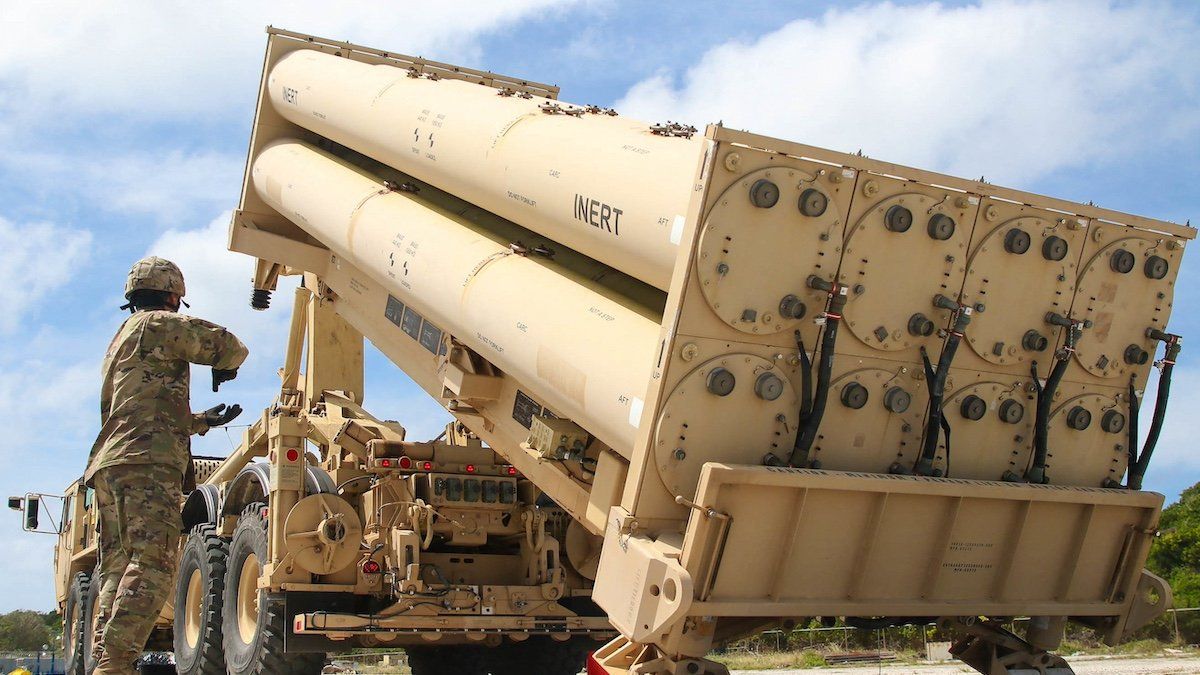The U.S. announced on Sunday it will deploy troops to Israel along with an advanced anti-missile system, the Terminal High Altitude Area Defense (THAAD), following missile attacks by Iran.
This rare move aims to strengthen Israel's air defenses amidst escalating tensions in the region. President Joe Biden emphasized the deployment is to "defend Israel," which is considering retaliatory action after Iran fired over 180 missiles at the country on October 1.

The U.S. has been urging Israel to carefully consider its response to avoid a broader Middle East conflict.
Did you read this?
Despite Israel’s robust military capabilities, this deployment marks a significant step in U.S. involvement. Typically, U.S. military support comes from bases outside Israel, but recent months have seen U.S. warships and fighter jets assisting Israel during Iranian attacks.
The THAAD system, designed by Lockheed Martin, is crucial in defending against short-, medium-, and intermediate-range ballistic missiles. It includes six truck-mounted launchers and an advanced radar system built by Raytheon under RTX, requiring around 100 troops to operate.

The Pentagon stated that this move is part of broader military adjustments to protect U.S. personnel and assist Israel's defense efforts. Major General Patrick Ryder confirmed that U.S. forces had been aiding Israel from outside the country, but this time, they would be on the ground.
Iran’s Foreign Minister Abbas Araqchi warned that deploying U.S. troops to Israel places them at risk, stating Iran will defend its people without hesitation. Experts believe Iran will likely avoid direct conflict with the U.S. despite tensions, factoring the deployment into its strategic decisions moving forward.
The exact timeline for deploying THAAD to Israel remains unclear, though it was last deployed to southern Israel for drills in 2019.

-1728885084.jpg)
-1732277552.jpg)







